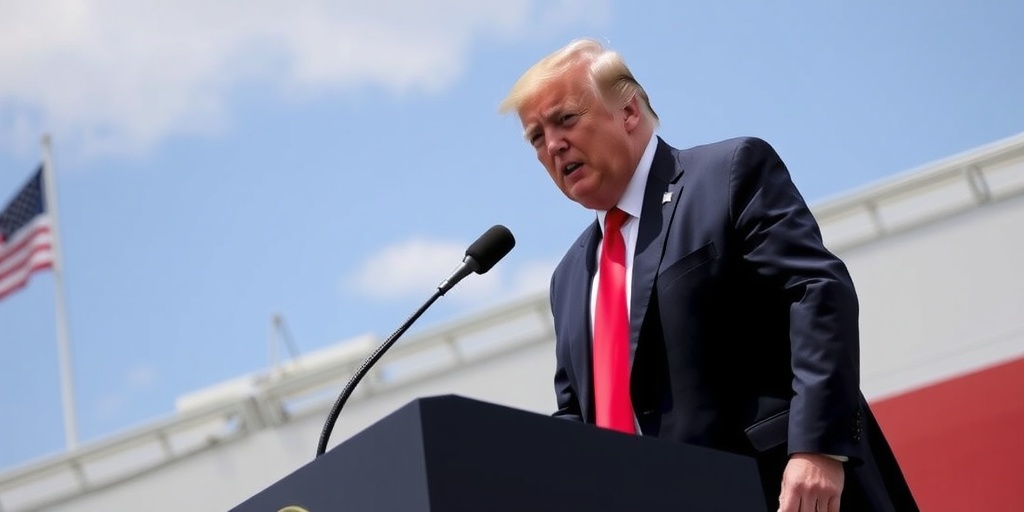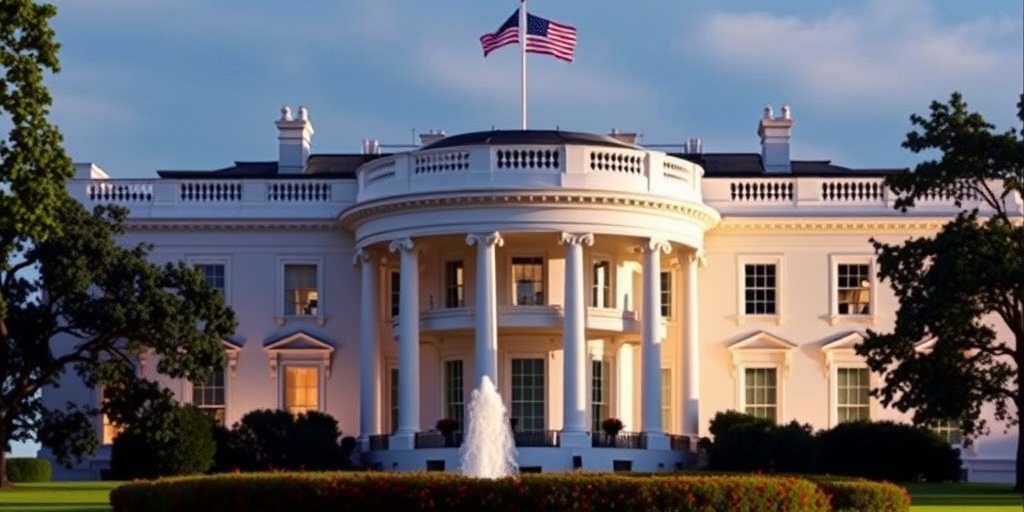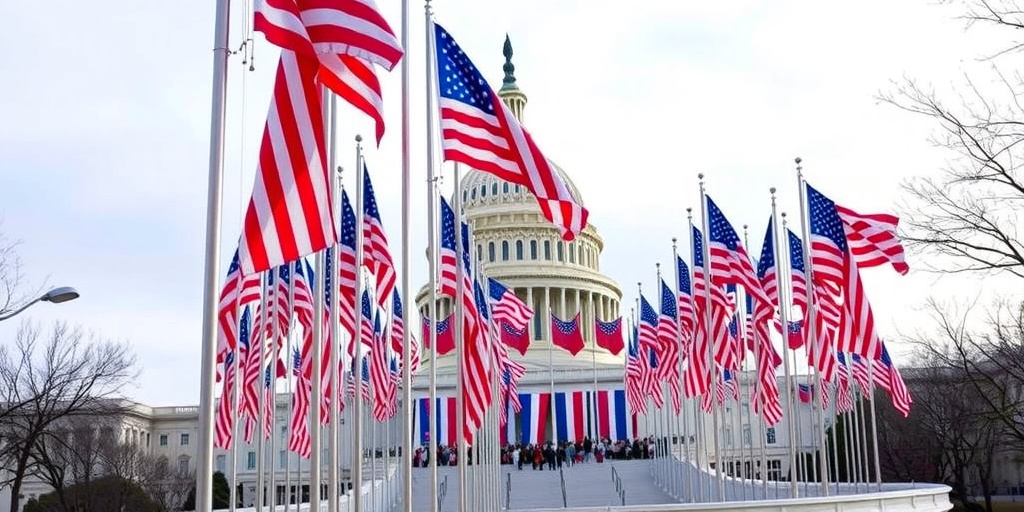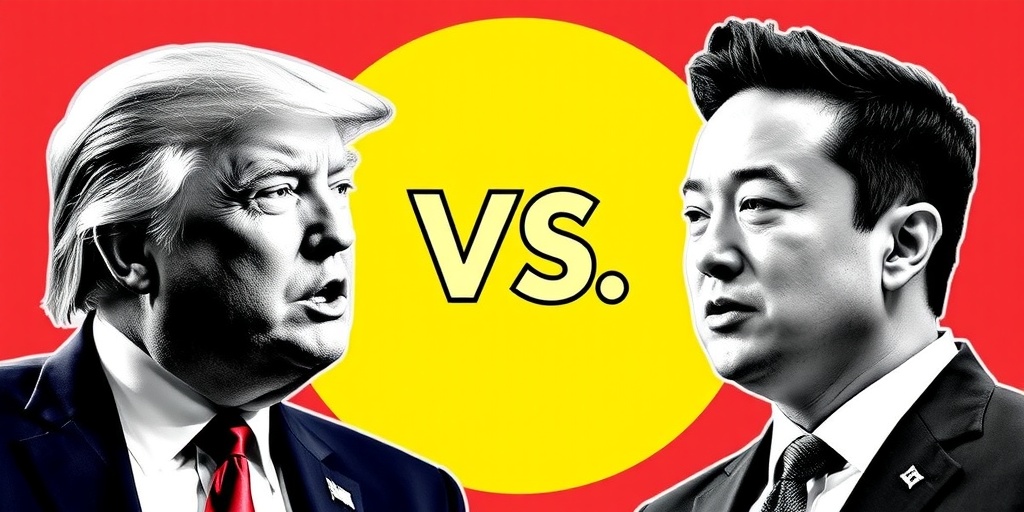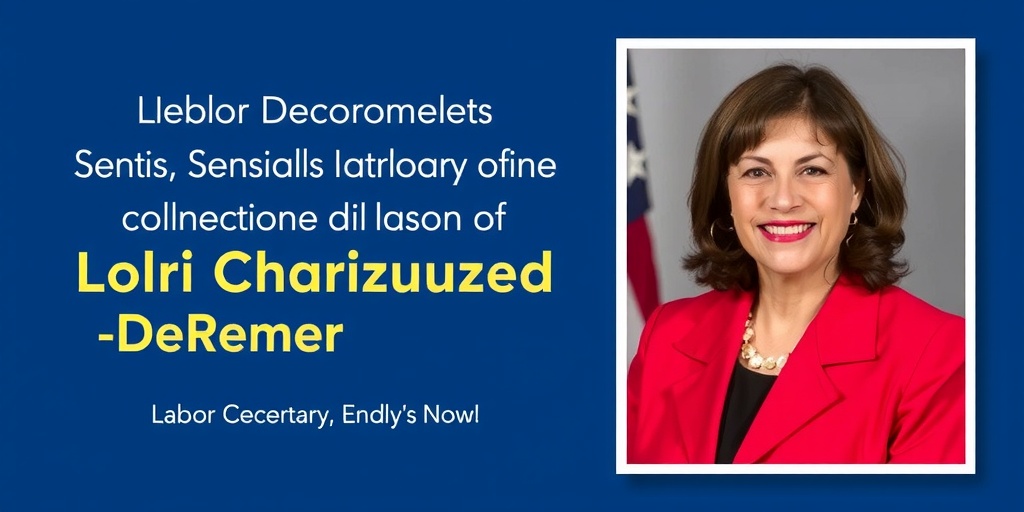Now Reading: Justice Dept. Official Claims Dismissal for Opposing Restoration of Mel Gibson’s Gun Rights
-
01
Justice Dept. Official Claims Dismissal for Opposing Restoration of Mel Gibson’s Gun Rights
Justice Dept. Official Claims Dismissal for Opposing Restoration of Mel Gibson’s Gun Rights

Justice Department Dismisses Pardon Attorney After Mel Gibson Gun Rights Recommendation Refusal
In a controversial decision, Elizabeth G. Oyer, the Justice Department’s pardon attorney, was dismissed just a day after she declined to endorse the restoration of gun rights for actor Mel Gibson, a notable supporter of former President Donald Trump. Oyer’s termination has raised significant concerns about the integrity of the Justice Department, particularly regarding its handling of domestic violence cases and the restoration of gun rights for individuals with such convictions.
Oyer, who has held her position as pardon attorney, expressed her alarm over the incident, emphasizing that the refusal to restore gun rights to Gibson is not merely a matter of political preference but a crucial public safety issue. Gibson, who faced a misdemeanor domestic violence conviction in 2011, lost his gun rights following the verdict, which included a no-contest plea to battery against his then-girlfriend. Oyer, in an interview with The New York Times, voiced her fears regarding the potential risks associated with restoring firearms access to those with histories of domestic violence.
Her account of the dismissal process has been corroborated by other Justice Department officials who have chosen to remain anonymous due to concerns for their jobs. Oyer’s termination was part of a larger pattern initiated by the Trump administration, aimed at reshaping the Justice Department’s leadership by removing senior career lawyers who play vital roles in decision-making.
Despite being informed by a Justice Department official that her refusal to recommend Gibson for gun rights restoration did not influence her dismissal, Oyer has voiced her suspicion that the two events were indeed connected. Just weeks prior to her removal, she was assigned to a working group focused on considering how to restore gun rights to individuals previously convicted of crimes, a controversial topic often championed by right-leaning factions. While some advocates claim that not all individuals with past convictions pose a threat, many experts—including Oyer—assert that allowing those with domestic violence records to regain access to firearms presents serious public safety concerns.
Initially, the working group identified a list of 95 individuals eligible for gun rights restoration, mostly comprised of individuals with long-ago convictions reflecting low recidivism risks. This list was subsequently pared down to nine candidates, after which Oyer was asked to submit a memorandum recommending these individuals for restored rights. However, the situation took a turn when she was instructed to add Gibson to this list, following a letter from his attorney that highlighted Gibson’s purported relationship with Trump and his recent activities in Hollywood.
Oyer noted that the decision-making process within the Justice Department had been hurried, neglecting the rigor and due diligence typically associated with cases of gun rights restoration. This was particularly problematic given the seriousness of domestic violence convictions. In her previous work, Oyer had always prioritized a thorough examination of cases, considering the implications of gun ownership for individuals with histories of violence.
Throughout the decision-making process, Oyer communicated her reservations about Gibson’s personal circumstances, as she lacked sufficient background information about his domestic violence case. Concerned about the repercussions of recommending that gun rights be restored to a known domestic abuser, Oyer found herself at odds with senior officials who suggested that Gibson’s connections to Trump should bolster his case for restored rights.
On the morning following her dismissal, Oyer drafted a memo, attempting to navigate her obligations within the constraints of their demands while reiterating her concerns. Ultimately, her memo did not recommend restoring Gibson’s gun rights and maintained that the decision lay with the attorney general. This refusal to yield to political pressure resulted in her swift firing later that day, an outcome reflecting the gravity of her situation and the internal pressures at play within the Justice Department.
The episode highlights a troubling trend of political influence transcending traditional legal procedures within federal agencies. Critics warn that the prioritization of political relationships over due process could undermine the Justice Department’s integrity and harm public safety, particularly in sensitive cases concerning domestic violence.
Oyer’s dismissal underscores a dilemma faced by many within government agencies, where political expediency sometimes threatens the very principles of justice and safety that the departments are meant to uphold. As discussions continue regarding gun rights restoration for those with criminal backgrounds, the events surrounding Oyer’s firing may serve as a pivotal moment in examining the intersection of law, politics, and public safety in the United States.
Stay Informed With the Latest & Most Important News
Previous Post
Next Post
-
 01New technology breakthrough has everyone talking right now
01New technology breakthrough has everyone talking right now -
 02Unbelievable life hack everyone needs to try today
02Unbelievable life hack everyone needs to try today -
 03Fascinating discovery found buried deep beneath the ocean
03Fascinating discovery found buried deep beneath the ocean -
 04Man invents genius device that solves everyday problems
04Man invents genius device that solves everyday problems -
 05Shocking discovery that changes what we know forever
05Shocking discovery that changes what we know forever -
 06Internet goes wild over celebrity’s unexpected fashion choice
06Internet goes wild over celebrity’s unexpected fashion choice -
 07Rare animal sighting stuns scientists and wildlife lovers
07Rare animal sighting stuns scientists and wildlife lovers













